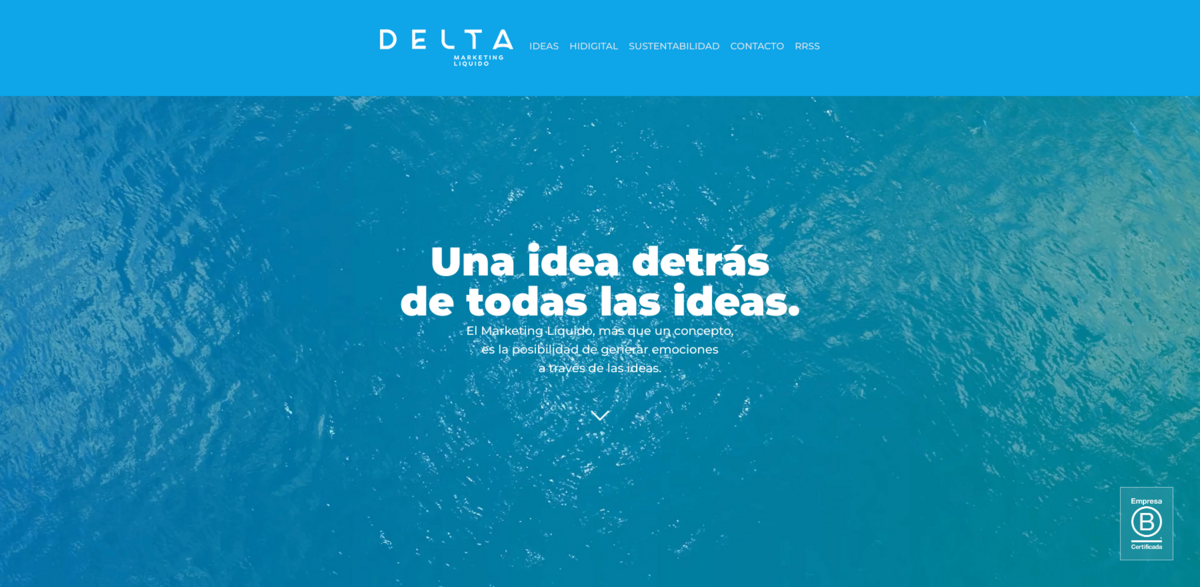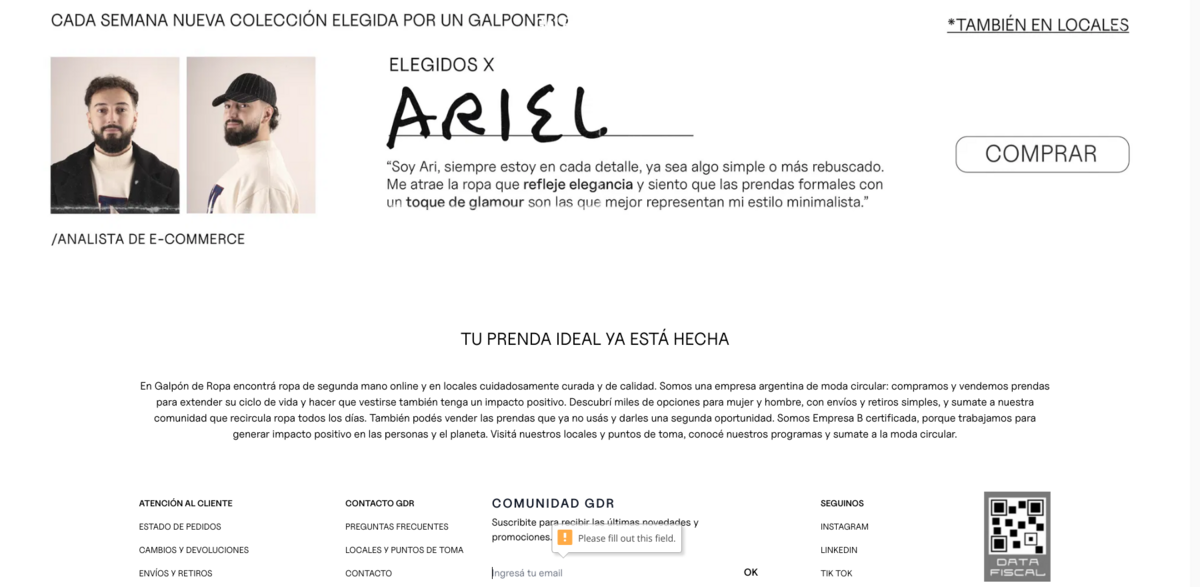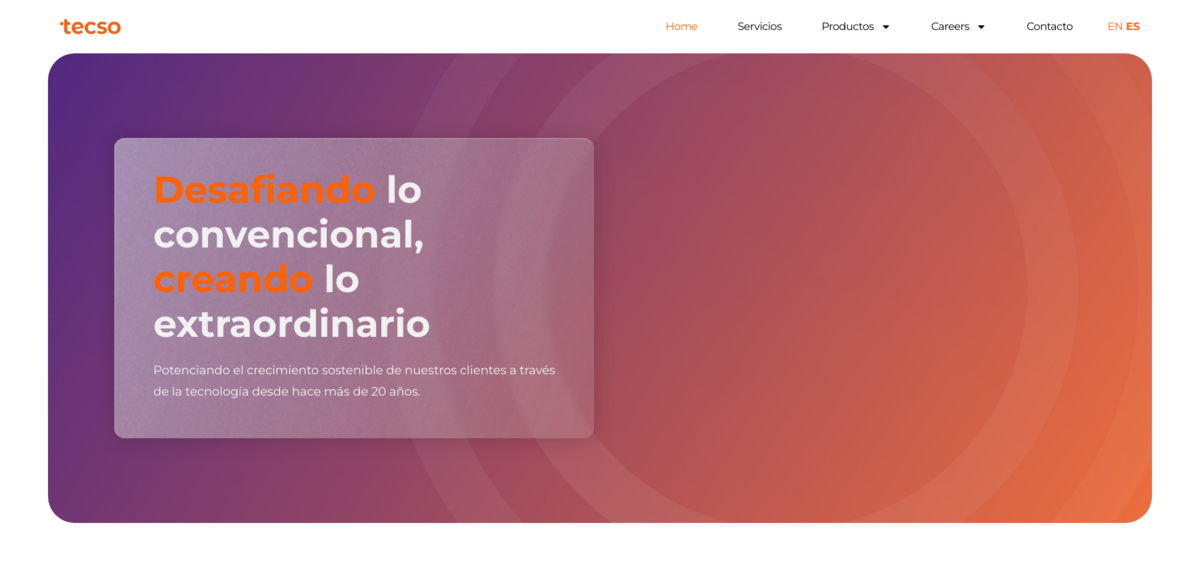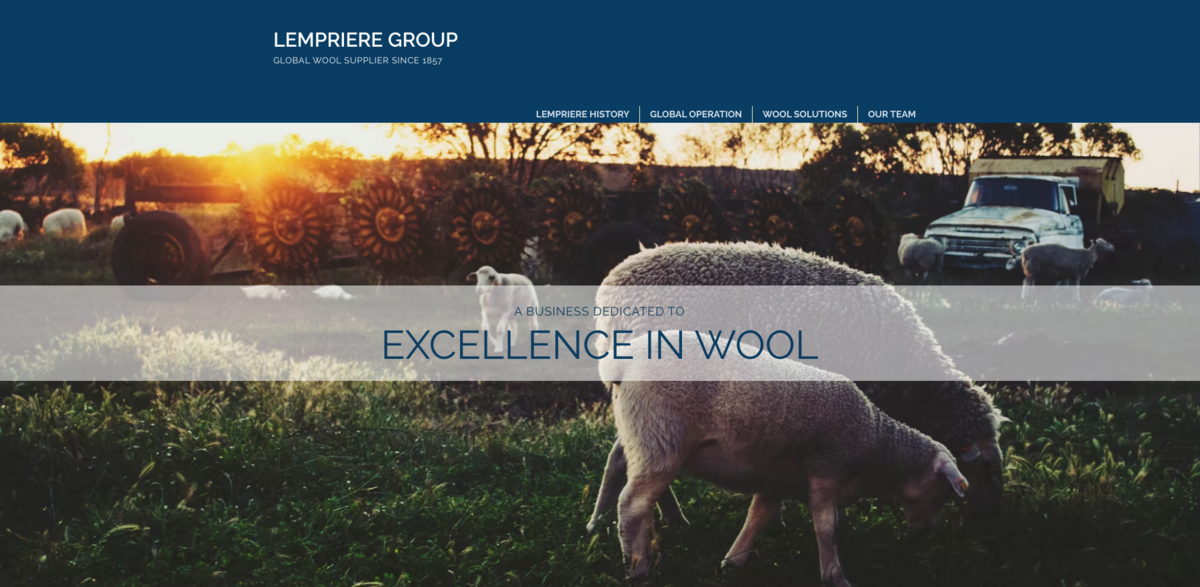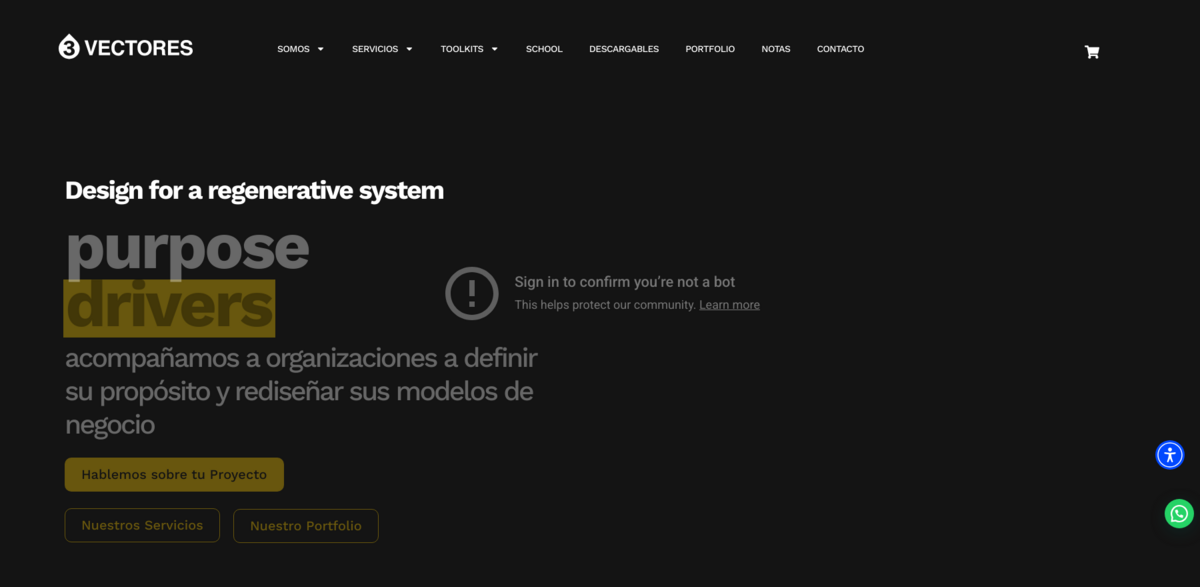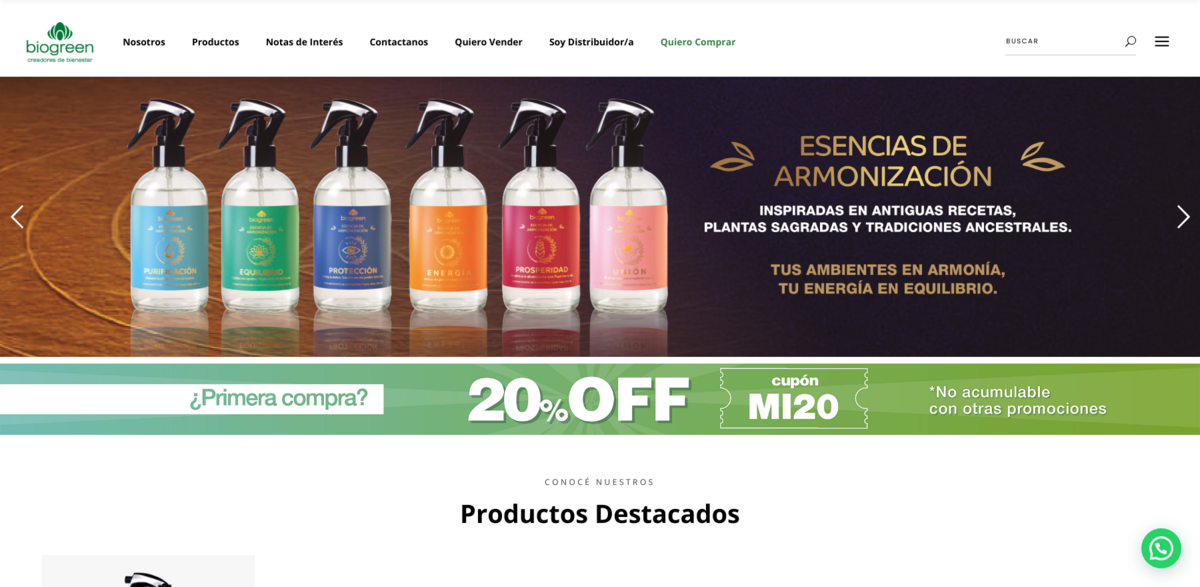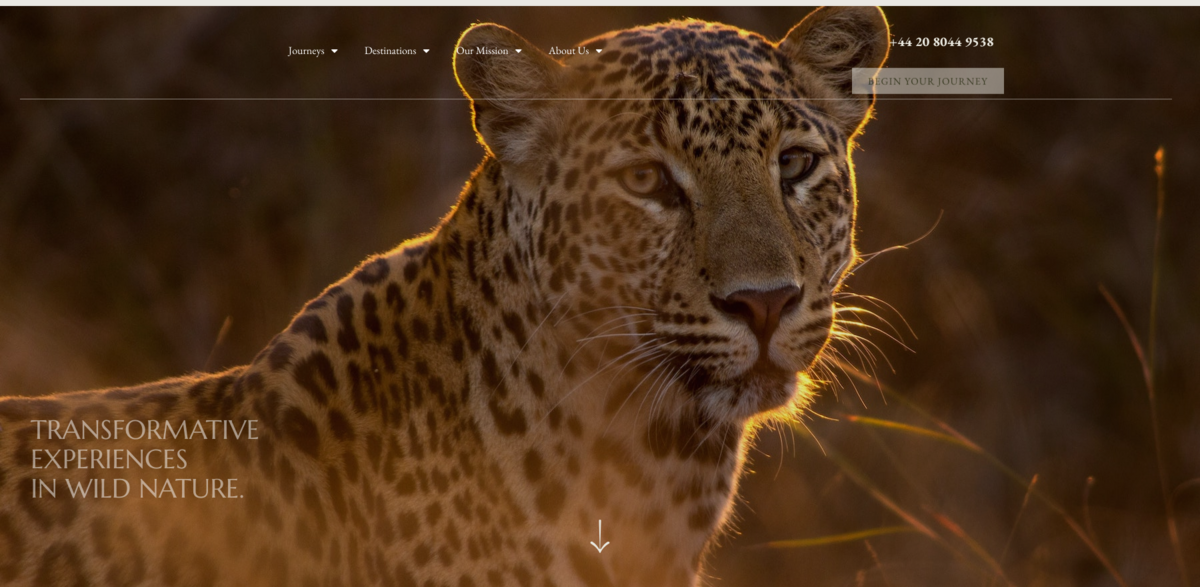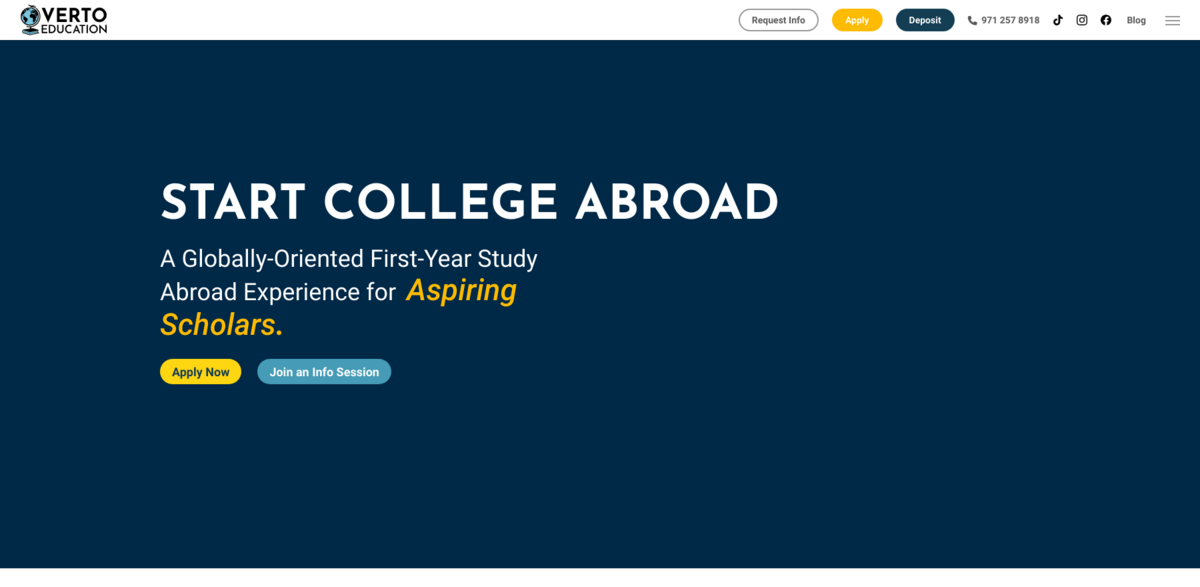SDG 8: Decent Work and Economic Growth
Sustainable Development Goal 8 (SDG 8), part of the United Nations’ Agenda 2030, focuses on promoting inclusive and sustainable economic growth, full and productive employment, and decent work for all. While the global economy has expanded, inequality, job insecurity, and unsustainable practices continue to challenge progress.
Sustainable economic growth and fair employment create better livelihoods, social stability, and innovation. Advancing SDG 8 leads to:
✅ Higher wages and improved working conditions
✅ Job creation and equal opportunities
✅ Responsible business practices and ethical labor standards
✅ Resilient economies that protect both people and the planet
How Can We Achieve SDG 8?
Governments, businesses, and individuals must collaborate to:
💼 Support entrepreneurship and job creation
💼 Promote fair wages and workers’ rights
💼 Encourage sustainable economic policies
💼 Foster innovation and financial inclusion

Innovative Solutions for SDG 8: Companies & Initiatives Driving Sustainable Economic Growth
Achieving SDG 8: Decent Work and Economic Growth requires business innovation, financial inclusion, and ethical labor standards. Around the world, companies, social enterprises, and NGOs are working to create jobs, improve workplace conditions, and promote economic resilience.
From impact-driven startups and fair-trade organizations to corporate sustainability programs and financial empowerment projects, these initiatives prove that profit and purpose can coexist.
Below, we highlight the most impactful companies and initiatives advancing SDG 8 and ensuring sustainable economic progress for all.
👉 Explore the list and be part of the change! 💼🌍
10 projects in Argentina contributing to SDG 8
-
Galpón de Ropa: A Sustainable Circular Fashion Company in Argentina
Galpón de Ropa is an Argentine circular fashion company focused on giving clothes a second life. By buying and selling garments, they promote sustainability and reduce waste. Their commitment to transparency and diversity ensures that everyone can find stylish options that align with their values. Join the movement towards a more sustainable future with Galpón…
-
Tecso: Empowering Sustainable Growth Through Technology Solutions
Tecso is a technology partner that empowers sustainable growth through consulting and software development. With over 20 years of experience, they specialize in sectors like banking, fintech, and agtech, driving digital transformation and innovation. Their commitment to sustainability and collaboration ensures that every project contributes to social and economic development.
-
Lempriere Wool Trading: A Trusted Global Supplier of Quality Wool
Lempriere Wool Trading has been a trusted global supplier of quality wool for over 150 years, serving textile mills and fashion houses worldwide. With a commitment to sustainability and innovation, they source wool from diverse origins and operate a topmaking plant in Bulgaria, catering to the European market.
-
Pura Aventura: Thoughtful Travel Experiences Across Latin America and Beyond
Pura Aventura is a travel agency focused on creating unforgettable journeys that prioritize sustainability and community impact. With a commitment to responsible tourism, they offer diverse holiday types across Latin America, Spain, and Portugal. Their unique approach ensures that travelers not only explore beautiful destinations but also contribute positively to the local communities and environments…
-
Yerba Madre: Celebrating Regeneration Through Yerba Mate Culture
Yerba Madre is a brand that celebrates the culture of yerba mate while prioritizing regeneration and sustainability. With a commitment to supporting communities and ecosystems, they offer a unique beverage experience that promotes health and well-being. Their journey began in the mid-90s and continues to inspire a global community through clean energy and fair trade…
-
Fundación Rewilding Argentina: Protecting and Restoring Natural Landscapes
Fundación Rewilding Argentina is dedicated to protecting and restoring ecosystems in Argentina, particularly in the Iberá National Park. Their efforts focus on rewilding, biodiversity conservation, and community engagement, making a significant impact on both the environment and local cultures. Through innovative projects, they aim to reconnect people with nature and promote sustainable development.
-
Verto Education: A Unique Study Abroad Experience for College Freshmen
Verto Education provides a transformative study abroad experience for college freshmen, allowing them to earn credits while exploring new cultures. With partnerships with the University of New Haven, students can embark on a journey of academic and personal growth in exciting international locations. Verto emphasizes immersive learning, community building, and essential life skills, making education…
Find SDG 8 Projects in your country! Where are you located?
Agriculture & Food Argentina Arts & Culture Australia Austria Belgium Brazil Canada Communities Conservation & Biodiversity Construction & Infrastructure Education Energy Fashion Finance France Governance & Policy Health & Well-being housing Mobility & Transport Netherlands Packaging SDG 1 SDG 2 SDG 3 SDG 4 SDG 5 SDG 7 SDG 8 SDG 9 SDG 10 SDG 11 Services & Consultancy Solar energy Spain Switzerland Technology Tourism United Kingdom United States Waste & Recycling water Water management Wind energy zero waste
FAQ on SDG 8: Decent Work and Economic Growth (Agenda 2030)
1. What is SDG 8?
SDG 8: Decent Work and Economic Growth is the eighth goal of the United Nations’ Sustainable Development Goals (SDGs) under Agenda 2030. It aims to promote inclusive and sustainable economic growth, employment, and decent work for all.
2. Why is SDG 8 important?
Economic growth and fair employment create better living standards, financial stability, and economic resilience. Without decent work, communities remain trapped in poverty and inequality.
3. What are the key targets of SDG 8?
Some major targets include:
- 8.1: Sustain per capita economic growth in all countries.
- 8.2: Increase productivity through innovation and technology.
- 8.3: Promote entrepreneurship and job creation.
- 8.5: Achieve equal pay and decent work for all.
- 8.7: Eradicate forced labor, modern slavery, and child labor.
- 8.9: Develop sustainable tourism and job opportunities.
4. How does SDG 8 relate to Agenda 2030?
SDG 8 is closely linked to poverty reduction (SDG 1), education (SDG 4), and responsible consumption (SDG 12). Sustainable economic growth fosters inclusive societies and environmental responsibility.
5. What are the biggest challenges to achieving SDG 8?
Some key challenges include:
- Job insecurity and informal labor markets.
- Gender and wage inequalities.
- Lack of economic opportunities in developing regions.
- Unethical labor practices, including forced and child labor.
6. How can governments help achieve SDG 8?
Governments can:
- Create policies that encourage sustainable business growth.
- Invest in education and skills training programs.
- Enforce labor laws and protect workers’ rights.
- Promote innovation and support small businesses.
7. What role do businesses play in SDG 8?
Businesses can:
- Offer fair wages and safe working conditions.
- Adopt sustainable supply chain practices.
- Provide equal employment opportunities.
- Support local economies and ethical sourcing.
8. How can individuals contribute to SDG 8?
Individuals can:
- Support fair-trade and ethical businesses.
- Advocate for workers’ rights and corporate responsibility.
- Learn about and demand fair wages and job security.
- Encourage inclusive hiring and workplace diversity.
9. How is progress on SDG 8 measured?
The UN tracks SDG 8 using indicators such as:
- Global economic growth rates and productivity.
- Employment rates, wage gaps, and labor conditions.
- Percentage of youth in education, employment, or training.
- Extent of labor rights violations and workplace safety.
10. Will the world achieve SDG 8 by 2030?
While many countries have made progress, economic inequalities, labor rights abuses, and job automation pose significant challenges. Achieving SDG 8 requires strong policy action, responsible business practices, and global cooperation.
Discover other Sustainable Development Goals (SDG) Initiatives :
- SDG 1: No Poverty – End poverty in all its forms everywhere.
- SDG 2: Zero Hunger – End hunger, achieve food security, improve nutrition, and promote sustainable agriculture.
- SDG 3: Good Health and Well-being – Ensure healthy lives and promote well-being for all at all ages.
- SDG 4: Quality Education – Ensure inclusive and equitable quality education and promote lifelong learning opportunities for all.
- SDG 5: Gender Equality – Achieve gender equality and empower all women and girls.
- SDG 6: Clean Water and Sanitation – Ensure availability and sustainable management of water and sanitation for all.
- SDG 7: Affordable and Clean Energy – Ensure access to affordable, reliable, sustainable, and modern energy for all.
- SDG 8: Decent Work and Economic Growth – Promote sustained, inclusive, and sustainable economic growth, full and productive employment, and decent work for all.
- SDG 9: Industry, Innovation, and Infrastructure – Build resilient infrastructure, promote inclusive and sustainable industrialization, and foster innovation.
- SDG 10: Reduced Inequalities – Reduce inequality within and among countries.
- SDG 11: Sustainable Cities and Communities – Make cities and human settlements inclusive, safe, resilient, and sustainable.
- SDG 12: Responsible Consumption and Production – Ensure sustainable consumption and production patterns.
- SDG 13: Climate Action – Take urgent action to combat climate change and its impacts.
- SDG 14: Life Below Water – Conserve and sustainably use the oceans, seas, and marine resources.
- SDG 15: Life on Land – Protect, restore, and promote sustainable use of terrestrial ecosystems, forests, and biodiversity.
- SDG 16: Peace, Justice, and Strong Institutions – Promote peaceful and inclusive societies, provide access to justice, and build effective institutions.
- SDG 17: Partnerships for the Goals – Strengthen the means of implementation and revitalize the global partnership for sustainable development.

